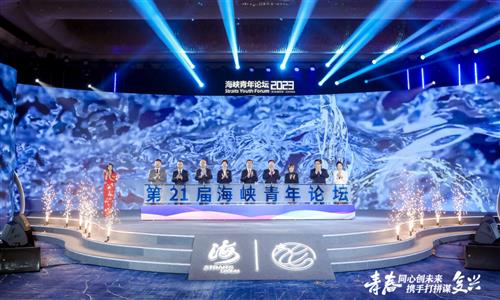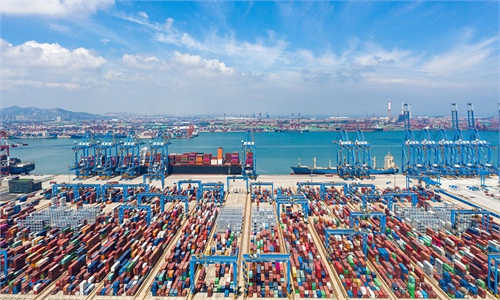Chinese political advisor calls for more macro policy support amid difficulties in some areas

Tourists watch a performance at a theme community of Tang Dynasty in Xi'an, northwest China's Shaanxi Province, Dec. 31, 2022. The three-day New Year holiday witnessed a strong recovery in tourism, catering and retail sales across the country. (Photo by Zou Jingyi/Xinhua)
China's economy has maintained continued recovery momentum, but the foundation is not solid enough, and the operations of small and micro entities have showed "a relatively large" level of difficulties, a Chinese national political advisor said, calling for more policy supports to further shore up the recovery.Ning Jizhe, a member of the 14th Chinese People's Political Consultative Conference (CPPCC) National Committee, the nation's top political advisory body, and deputy director of the Economic Affairs Committee of the CPPCC National Committee, made the remarks at a forum hosted by Renmin University of China in Beijing on Sunday.
The growth of consumption in the post-COVID era has driven up the economic recovery, with catering, housing, retail, passenger transportation, culture, entertainment and sports sectors all recording swift rebound, according to Ning.
"Macro indictors such as economic growth, employment, consumer price, and foreign exchange rate have been stable. Also, China's GDP grew 4.5 percent year-on-year, significantly better than the US, Europe and Japan, showing that the Chinese economy is still at the forefront of the global economy," Ning said.
However, "judging from the signals sent by micro entities, issues of unstable market expectation and insufficient market demands still exist," Ning said.
According to Ning, the lopsidedness of economic recovery is mainly manifested in a number of areas, including the purchase of big ticket items like houses and cars and lagging recovery of investment. Also, other micro signs, such as the relatively slower recovery of service industries, the relatively high unemployment rate among youngsters aged between 16 to 24, and a 20-percent drop in industrial profits in the first five months, "all sound the alarm bell."
Ning said that China's economic growth has not returned to the normal range and is facing downward pressure.
Some major economic indexes saw stable growth in May, with industrial output rising 3.5 percent year-on-year and retail sales expanding 12.7 percent year-on-year. Fixed-asset investment in the first five months grew 4 percent year-on-year to 18.88 trillion yuan ($ 2.64 trillion).
The data pointed to a moderate economic recovery, but there is also a palpable sense of softness in May, observers said, with some expecting a growth rate of about 6 percent in the second quarter due to a low base last year.
Ning said that China should step up counter-cyclical adjustment to bring economic growth to the normal range. He noted that the scope of macro policy should not be "too small," and should prevent the rise of downbeat sentiments.
"We need to control the speed of macro adjustment… it is important to seize the third quarter and launch policies as fast as we can," Ning said.
The National Development and Reform Commission, China's top economic planner, said in mid-June that the country would promptly formulate policies that help restore and expand consumption, continuously improve the consumption environment, and release the potential of consumption of services.
Chinese monetary authorities have also been striving to strengthen counter-cyclical adjustments by cutting key policy rates in recent days.
Global Times



